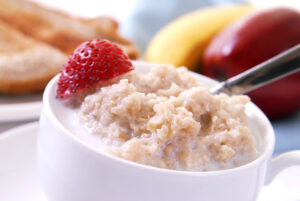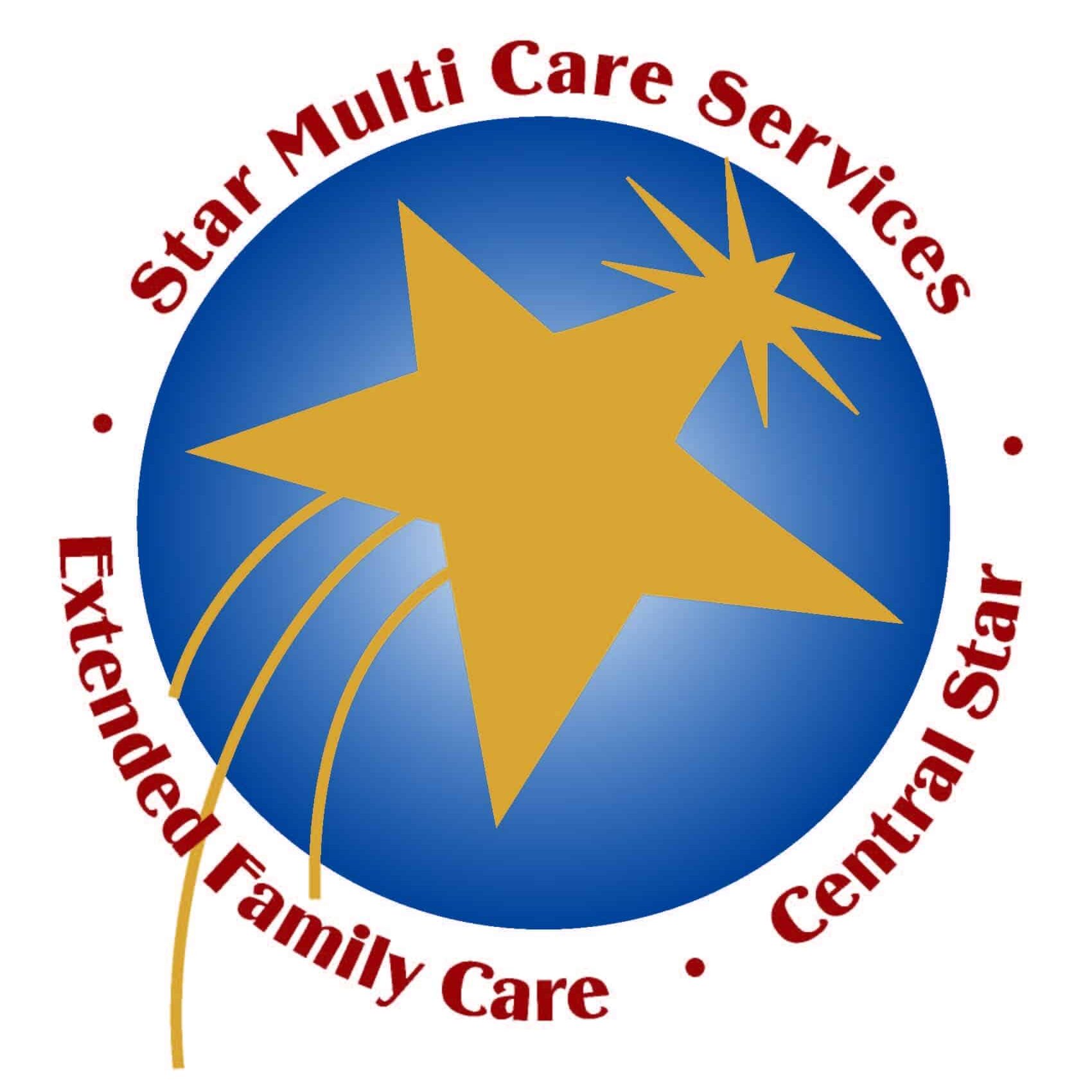Many people assume that the more fiber you eat, the better or healthier you are. However, that is not always the case. Too much fiber can lead a senior feeling uncomfortable, while too little can leave a senior feeling gross too. Bloating, gas, cramping, constipation, diarrhea, appetite loss, and early satiety are all symptoms of eating too much fiber. Companion care at home services and help them with their dietary needs.

Fiber binds with minerals such as calcium, iron, magnesium, and zinc. One of the negative side effects of fiber overconsumption is the absorption of key micronutrients. Furthermore, high-volume meals can make it difficult to maintain energy intake, resulting in weight loss or a lack of weight/muscle gain. Finally, intestinal obstruction can occur with a high fiber intake but a low fluid intake.
If a senior eats too little fiber, it can mean they are deficient and need to eat more fiber-rich foods. Luckily there are tons of high fiber foods like raspberries, raw carrots, raw cauliflower, oatmeal, and bran flakes. Some symptoms of low fiber intake are irregular bowel movement that leads to pain, constipation that lasts, and blood sugar fluctuations.
Do Seniors Need More Fiber?
Your body naturally tends to carry extra weight as you age. Your digestive system slows, resulting in weight gain over time. Men over the age of 51 require 28 grams of fiber per day, while women of the same age require 22.4 grams per day. Fiber can help improve digestion and mitigate the effects of other health issues such as constipation, high cholesterol, and high blood sugar levels. The majority of Americans do not consume enough fiber. Fiber is more important in your diet as an older adult because you may have a slower metabolism, less muscle mass, and engage in less physical activity than you did when you were younger.
What Is The Best Way Companion Care at Home Aides can Help to Increase Fiber?
The best way for a senior to increase their fiber intake is through diet if they are not wanting to take supplements. Companion care at home services can help a senior focus on their diet while giving a senior freedom to choose what they want to eat and do. These professionals are the ultimate resources for seniors.
This is the year to have a senior focus on their health and that starts with their diet. Seniors can focus on adding in fiber-rich foods. Starting their diet off with high fiber and protein omelets or other breakfast options are great choices. Many recipes can be filled with tons of vegetables and fruits that will control a seniors fiber levels.
If a senior is still low even after eating a well-rounded meal, there are fiber supplements. However, there are two types of fiber that your body needs. Soluble fiber and insoluble fiber, both are crucial for a senior to have and consume.
Soluble Fiber – During digestion, soluble fiber attracts water and transforms into gel. This causes digestion to slow. Oat bran, barley, nuts, seeds, beans, lentils, peas, and some fruits and vegetables contain soluble fiber. It’s also in psyllium, a popular fiber supplement. Some soluble fibers may help reduce the risk of heart disease.
Insoluble Fiber – Foods high in insoluble fiber include wheat bran, vegetables, and whole grains. It thickens the stool and appears to aid in the passage of food through the stomach and intestines.
Sources: https://www.webmd.com/healthy-aging/increased-fiber-important-older-adults#1-3
If you or a family member are in need of hiring Companion Care at Home Services in Dix Hills NY, or the surrounding areas, contact the caring professionals at Star Multi Care Services today at (631)956-8835. We are the Right Choice for Home Health Care Services!
- How Does Hospice Care Help Aging Adults Plan for the End of Life? - April 16, 2025
- Ways a Client Advocate Can Improve Your Loved One’s Quality of Life - April 9, 2025
- Consistency is Key to Helping Your Senior Remain Independent - April 3, 2025

